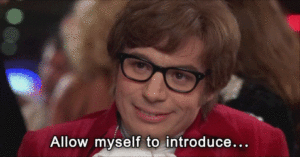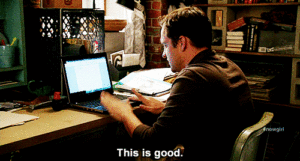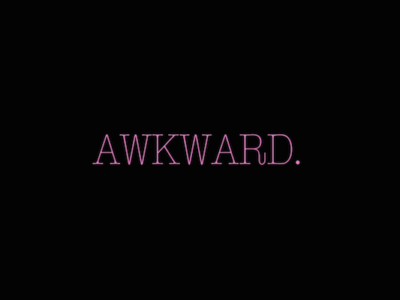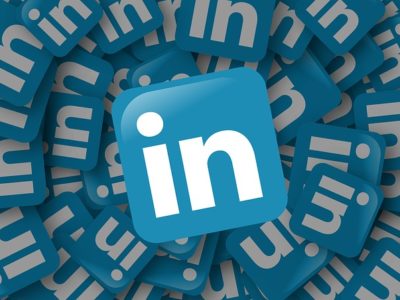First impressions are tricky. In face-to face communication, you need a positive tone of voice, a confident attitude and an outfit that says you dressed to impress.
Email makes first impressions even trickier. Instead of seeing what you’re like in person, professors and professionals alike gauge you with the words use on the net. Cue those fine grammar skills your high school English teacher made you work so hard on because it’s time for them to shine. So, how do you slay those first impressions and email like a boss?
Let’s be real, it’s impossible to go to your professors’ office hours every time you have a question. That’s why email is so incredibly useful. In big lectures, professors don’t always have a name and a face paired together. But they’ll definitely recognize your name because, in many cases, they grade your exams. Don’t get off to a bad start with your professors due to a lack of email etiquette.
Journalism Instructor Stacy Forster from the University of Wisconsin-Madison stresses that etiquette is huge in emails. Simple things from her students–like please and thank you–can go a long way. “It’s hard to tell if the student is dashing off an email and not being as polite as they could or if there’s something else going on. That’s one challenge when relying on email because you get a better chance to understand what they mean face-to-face,” said Forster.
In the real world emails are even more important. Email is a way to communicate and do business with clients and other employees within a company. If you don’t reflect verbal professionalism, how will you get your tasks done and be respected? Although email skills are practiced in college, they are perfected in the workforce.
Joslin Woods, an editor at Imagination Publishing, uses email to communicate with clients on a day-to-day basis. It’s the first line of communication to get clients to respond to questions or suggestions. She’ll mirror the email style her client used to be clear and succinct; if her client sends an email in a numbered list, she’ll respond with answers numbered in that same format.
“The most important element in an email is being clear in what you want or need from the person that you’re reaching out to,” Woods said. “Indicate what the next step is, like if you need them to answer questions. Someone should read your email and never be unsure of how to respond or what you’re asking them.”
Dominating that first impression with an email will either land you that higher grade… or squash those dreams faster than you can reply “thank you.” Bump that grade from a B to an A and land that interview using these email essentials.
1. Greeting

You never start a face-to-face conversation without addressing the person you’re talking to, so why should email be any different? It isn’t. Begin an email that addresses the person you are reaching out to with their proper name. When in doubt, err on the side of a more formal title, like using “Ms. Anderson” if you’re not on a first name basis. If you don’t specifically know the name of your recipient, begin with “To whom it may concern,” for that fool-proof professional opening.
2. Background Information

No, you don’t need to give your life story like you do to those random people you meet in public restrooms. But you do need to state who you are and what your title is. This gives context for the person you’re emailing while providing a better understanding of why you are emailing them. Besides, if they don’t know who you are how will they be able to answer you appropriately? Include how you got their email address if it’s not posted publicly.
3. Purpose for The Email

This is the time to make those English teachers proud and show off your concise writing skills. Whether the purpose of the email is a question or a statement, it should be succinct. A concise phrase will make understanding your email obvious so and direct the recipient to a response. Get to the purpose by the second or third sentence of the email and then follow it with more support if you need to.
4. Closing Remarks

You’re almost done! Thank the person you are emailing and graciously indicate that you know their time is valuable. Don’t forget to end with a closing with phrases such as “Thank you,” “Sincerely,” or “Best.” When signing your name, use your full name to remind them who you are one last time.



















